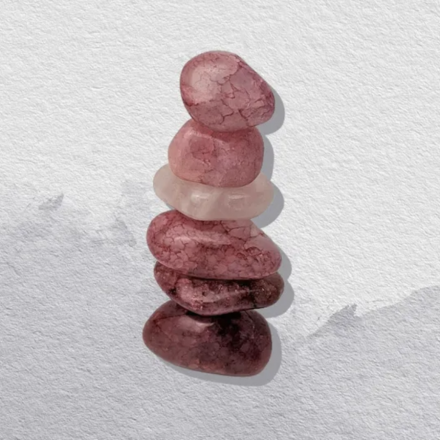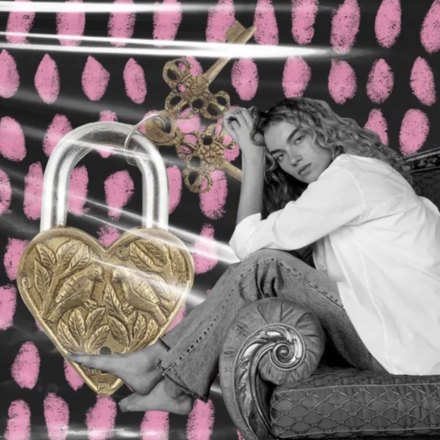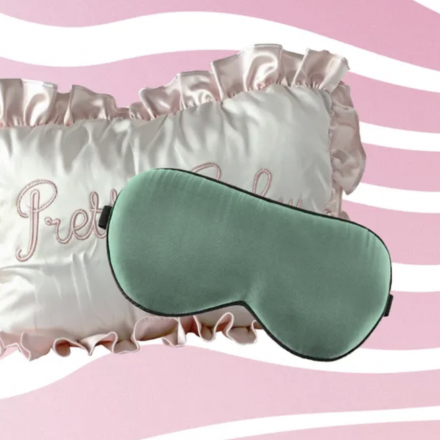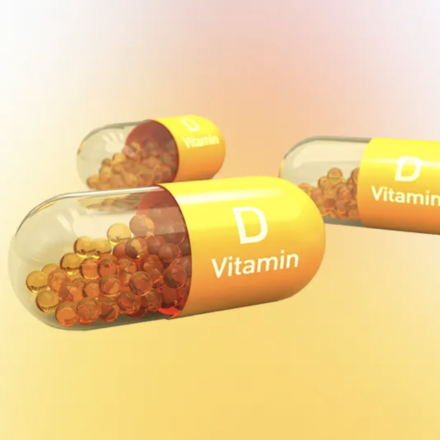5 Warning Signs You're Eating Too Much Sugar
“Please, no sugar!” — but why is that so easy to tell the barista and so hard to say to yourself? In a world where yogurt pretends to be healthy and granola bars disguise themselves as fitness buddies, sugar attacks us not just in desserts but in places you’d never expect.
“Please, no sugar!” — but why is that so easy to tell the barista and so hard to say to yourself? In a world where yogurt pretends to be healthy and granola bars disguise themselves as fitness buddies, sugar attacks us not just in desserts but in places you’d never expect. If your body has been acting… a little off lately, maybe Mercury in retrograde isn’t to blame — maybe it’s just a sneaky sugar overload. In this article, we’ll break down five telltale signs that you’re a little too sweet with yourself.
Constant Hunger and Extra Weight
You just had lunch, and an hour later you're already rummaging through the kitchen for something tasty? The problem might not be your appetite — it might be sugar. When you eat something sugary, your blood sugar spikes, then crashes quickly. This rollercoaster makes you feel hungry, even if your body doesn’t actually need more energy. And just like that, you're snacking again without even noticing how much you're eating.
Moral of the story: Sugar doesn’t satisfy — it seduces.
Skin Like a Teen Movie, But Without the Filters
Remember how your skin reacted during college exam weeks — pizza, soda, donuts? Acne is a common side effect of sugar, and it’s not just about chocolate. Sugar boosts insulin and IGF-1 — hormones that trigger oil glands. The result? Clogged pores, breakouts, and inflammation, especially on your face, back, and chest.
Yes, darling, it’s not just “stress.” It’s your syrupy latte.
Mood Swings and Cravings (and More Cravings)
You eat a cupcake — mood sky-high. Thirty minutes later? You’re cranky like a cat that missed dinner. Why? Your blood sugar just crashed below normal, leaving you irritable, tired, and desperate for another fix. And so begins the vicious cycle: the more sugar you eat, the more you crave.
At this point, it’s not a rom-com — sugar’s become your toxic ex.
Frequent Colds and Random Fatigue
Sugar can weaken your immune system just as much as a sleepless night spent scrolling TikTok. When there’s too much sugar, it doesn’t fully get absorbed in the small intestine and reaches the large intestine — where certain bacteria throw a party. The problem is, they’re not the friendly kind. They produce compounds that cause low-grade inflammation in your body. The result? You feel wiped out, like you ran a marathon… even though you were just sitting at your desk.
If your body is a fortress, sugar is the sneaky Trojan horse.
Wrinkles That Weren’t There Yesterday
Nope, you're not imagining it. That reflection in the mirror suddenly looks a bit more... dramatic. The culprit? AGEs — advanced glycation end-products formed when you eat too much sugar. These break down collagen, making your skin less elastic, more saggy, and prone to premature aging.
A collagen face mask? Great. But how about a “no glycation” diet?



















